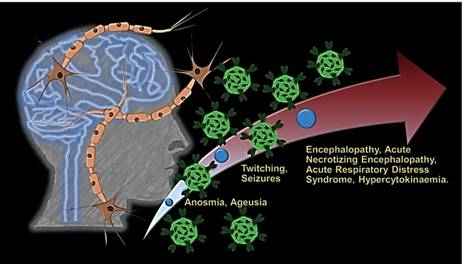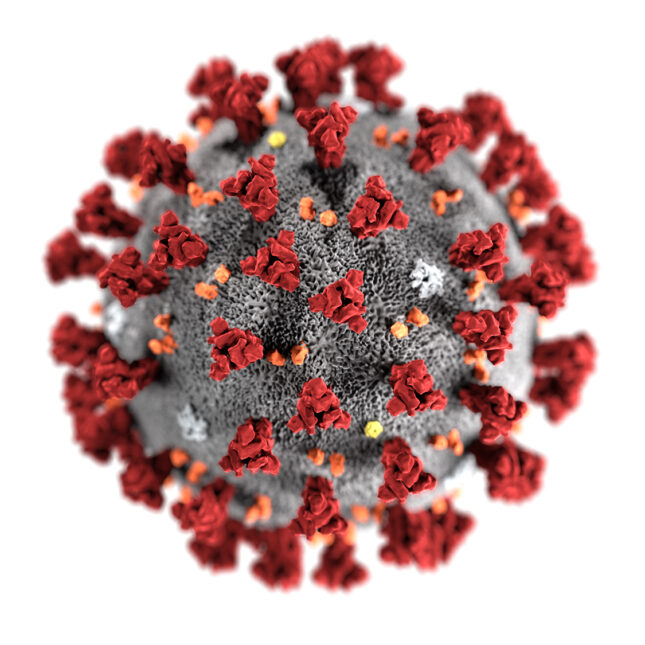So far we have seen how the novel coronavirus has its impact on the entire body starting from the blood vessels to the lungs and also heart, now we know that it affects even the brain. Reports say that there are neurological symptoms associated with contracting the COVID-19.
More than one-third of patients showed neurological symptoms according to a paper. Added to which, reports show that coronavirus patients suffered from Guillain–Barré syndrome, which is a neurological disorder where our immune response by mistake attacks nerve cells that could result in paralysis after muscle weakness.

Inflammation is an acknowledged symptom of the SARS-CoV-2 infection. But 'encephalitis' is also one, meaning brain inflammation along with swelling. Also, stroke was also observed in healthy youngsters, those with mild COVID-19 symptoms.
A case study from China's Wuhan showed that among the 214 patients affected by the novel coronavirus, almost 36.4 percent of patients showed neurological symptoms, while the symptoms were seen in patients with severe infection.
Explaining the loss of smell and taste
Such neurological manifestations include loss of smell and taste. Indian Institute of Technology (IIT), Jodhpur, reasoned this out in a study released on Sunday that said coronavirus infection might attack Central Nervous System (CNS) and "the underlying structures in the brain more prone to viral infection with devastating effects."
Researchers pointed out, as SARS-CoV-2 is known to interact with hACE2 (human angiotensin-converting enzyme-2), a human-specific one has "ubiquitous presence in most human organs ranging from lung parenchyma to nasal mucosa," including the brain. The virus attacks the 'olfactory bulb' located in the forebrain that is mainly responsible for the sense of smell, explains the loss.
Even after recovery?

Muscle weakness, stroke, seizure and hallucinations were also among the reported among the neurological manifestations. Some of these symptoms persisted in severe cases even after their recovery.
Previously it was reported that the novel coronavirus infected the endothelial cells in the lining of the blood vessels. Such an infection may allow the virus to move across the blood-brain barrier, into the brain. Viral replication in the brain might cause neurological disorders. Also, the virus directly infects the brain "as a result of the strong activation of the immune system," wrote Jeremy Rossman in The Conversation. He is the president of the Research-Aid Networks in the University of Kent.
Not only COVID-19
Influenza, measles and respiratory syncytial viruses also infect the brain (central nervous system), as the virus uses the ACE2 receptor to enter human cells, which is also found in the brain. MERS and SARS also were reported to cause severe neurological disorders.
We know that the main symptoms of coronavirus disease are fever, head and body aches, tiredness, sore throat, cough and shortness of breath or difficulty in breathing, as the research went on we further found gastrointestinal diseases, heart problems. The brain is something crucial that scientists might have to work on.









